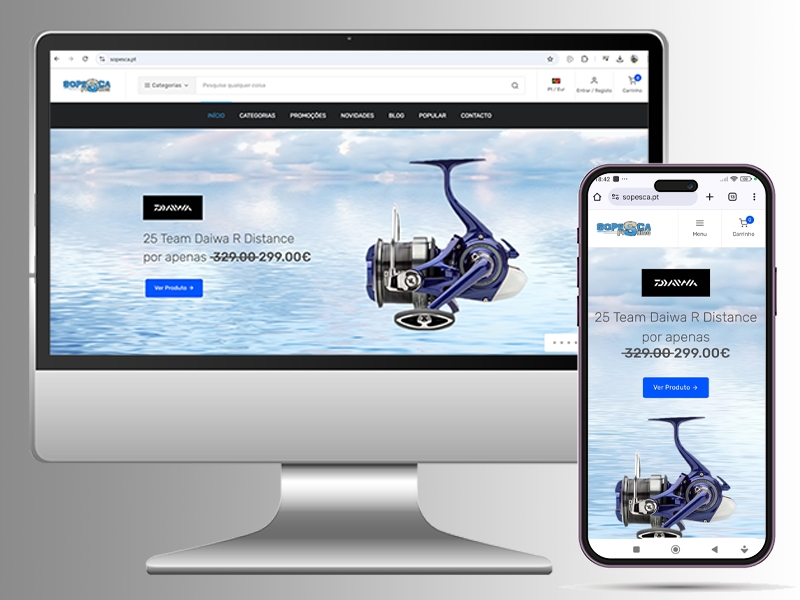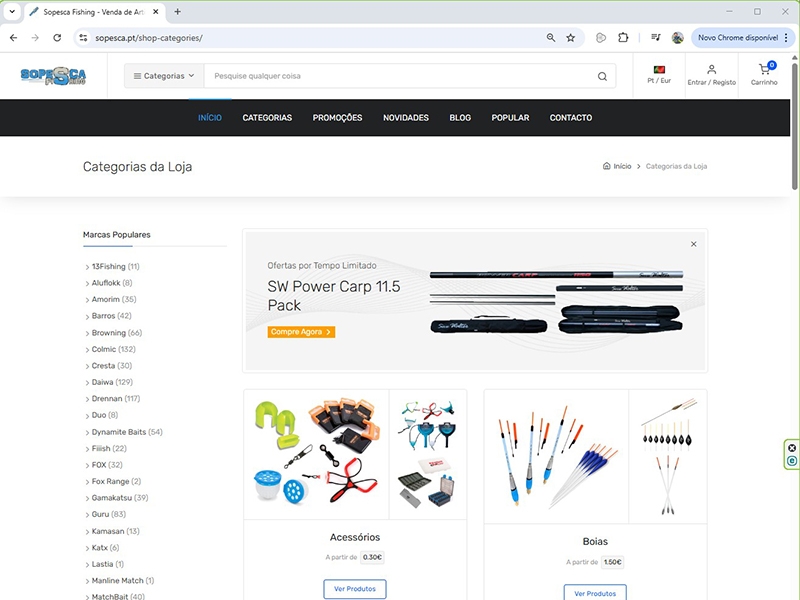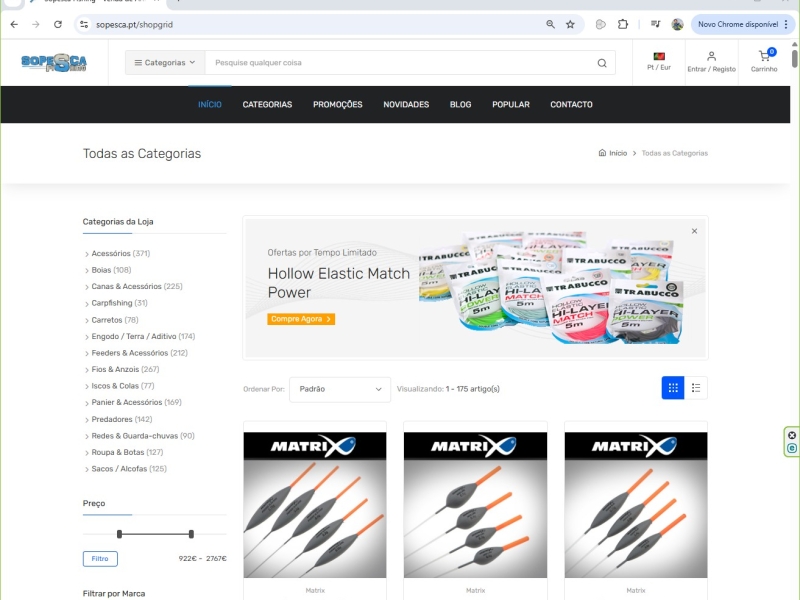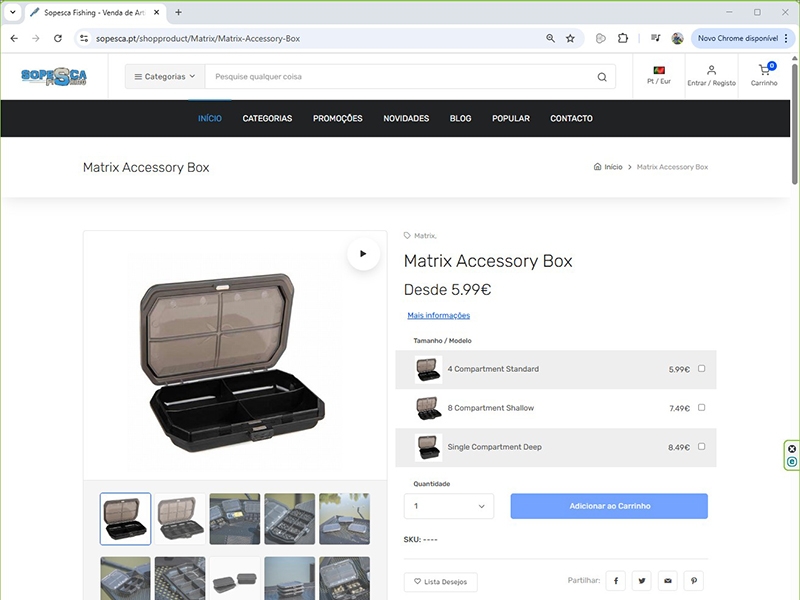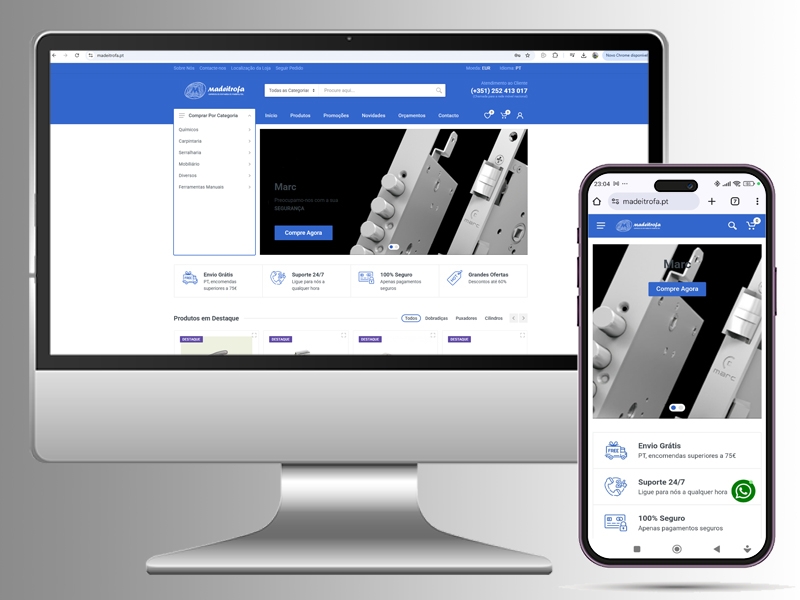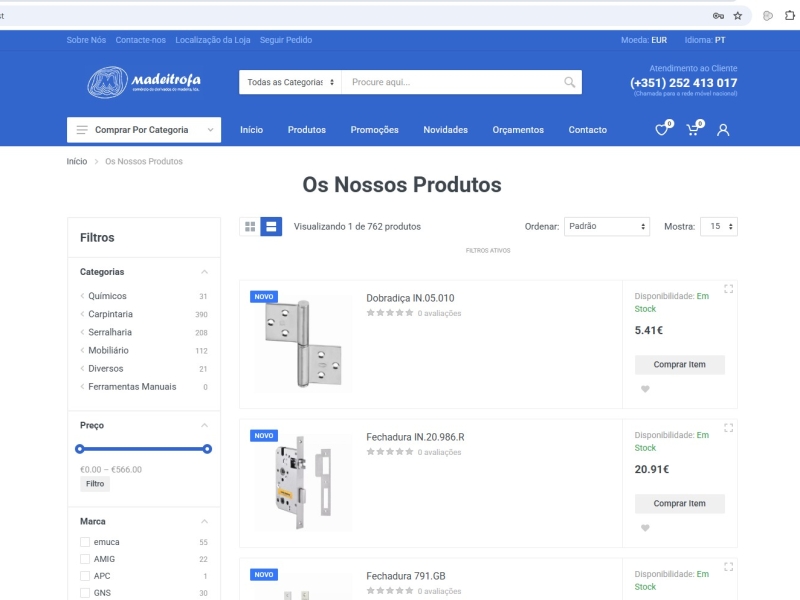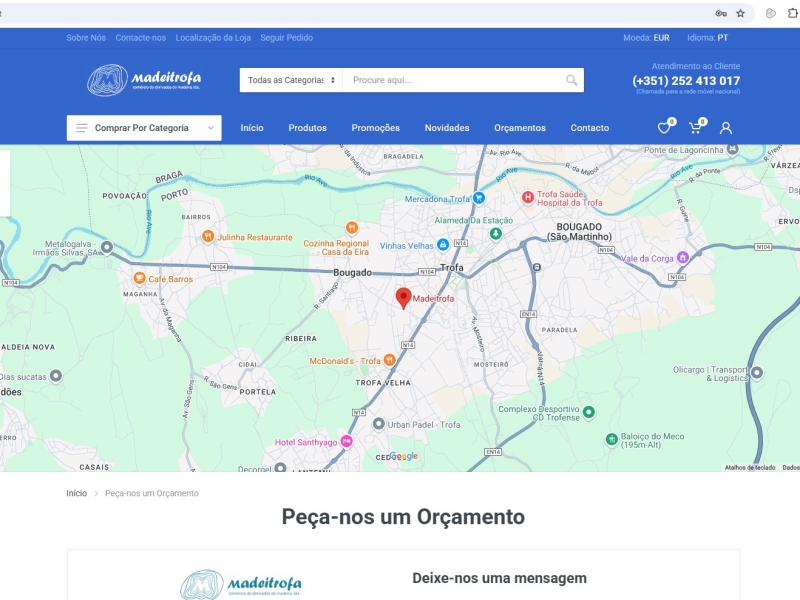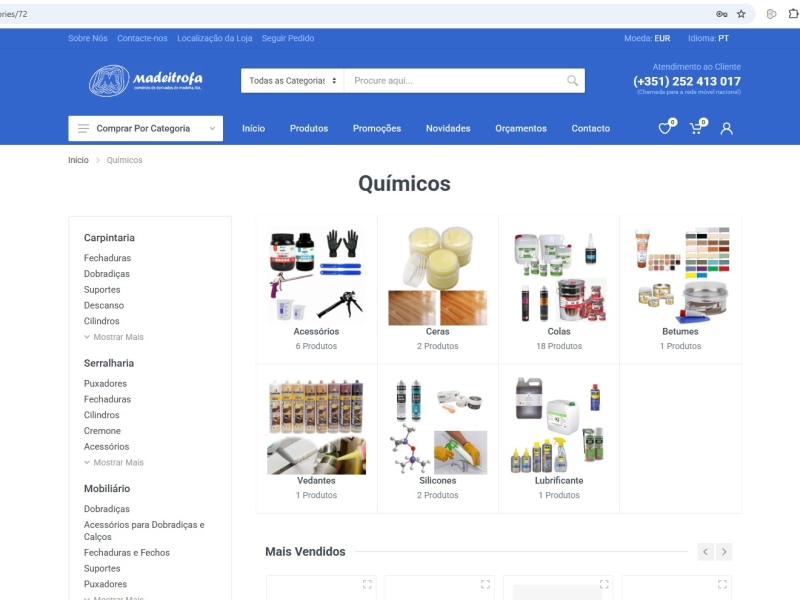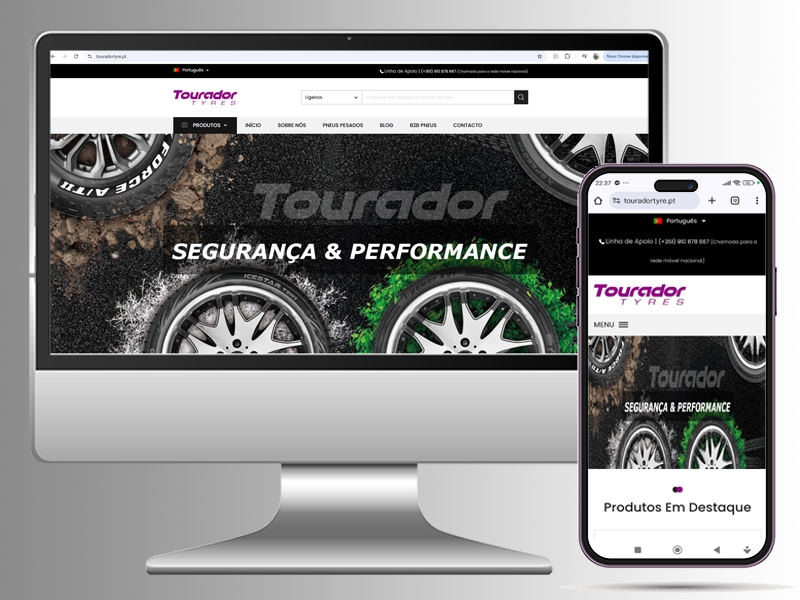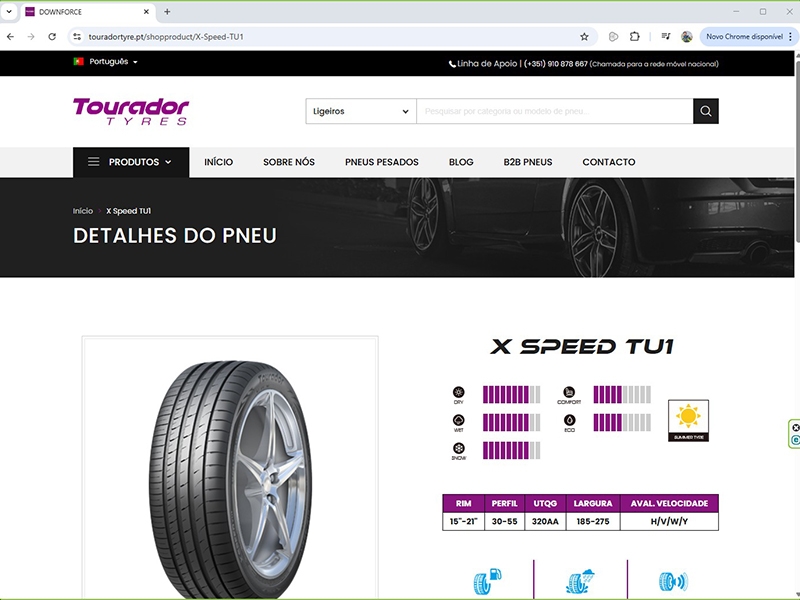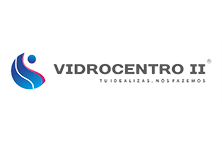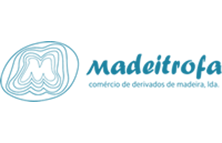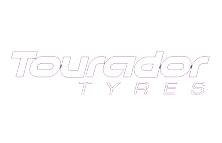08 Jan, 2025
How to Choose the Right e-Commerce Platform in 2025 (Small Business Analysis)
Choosing the right e-commerce platform is a fundamental decision for any small business that wants to sell online. In 2025, the options are vast, but the wrong choice can result in limitations, unnecessary costs and difficulties in business growth. In this article, we'll analyse the main alternatives and explain why Laravel stands out as the best solution for customised online shops.
Popular e-Commerce options
There are currently several platforms that allow you to create an online shop, including:
- Shopify - Easy to use, but with high monthly costs and little flexibility.
- WooCommerce (WordPress) - A popular solution, but it comes with a set of features and plugins that are often not useful for the business.
- Magento - Very powerful, but requires advanced technical knowledge and robust servers.
- Generic platforms - such as Wix or Squarespace, which limit customisation and scalability.
The problems with ready-made solutions
Platforms like Shopify and WooCommerce offer a ‘ready-to-use’ package, but this comes with drawbacks:
- Unnecessary features - Lots of forms, fields and settings that don't apply to every business.
- Plugin dependency - For any extra functionality, plugins need to be installed, which are often paid for and can jeopardise the site's security.
- Lower performance - Excess code can slow down the shop, jeopardising the user experience and SEO.
- Limited scalability - When the shop grows, these platforms may not keep up with the needs of the business.
Laravel: The Best Solution for Small Businesses
Laravel, being a modern PHP framework, allows you to create customised online shops without the limitations of generic platforms. Some of its advantages include:
- Total customisation - Each shop is developed with the fields and functionalities that the customer really needs.
- Optimised performance - Clean and efficient code, guaranteeing a fast site with a good user experience.
- Greater control over SEO - Possibility of structuring URLs, metadata and optimisations specific to each business.
- Easy integration - Direct connection to payment systems, CRMs, ERPs and other essential business services.
- Enhanced security - No dependence on third-party plugins, reducing vulnerabilities.
Use Cases and Practical Examples
If a client sells personalised products and needs a specific ordering system, with Laravel you can create a purchase flow exactly as they need it. Unlike WooCommerce, where the customer would have to adapt their business to the platform, with Laravel the shop adapts to the business.
Another example: a company that works with prices that vary by region. In Shopify or Magento, this customisation would require a set of plugins, while in Laravel this functionality can be developed from scratch at no extra cost.
Conclusion
For small businesses that want e-Commerce that is scalable, fast and truly adapted to their needs, Laravel is the best option in 2025. Instead of fighting against the limitations of generic platforms, invest in a personalised and efficient solution.
If you want an online shop designed for your business and not a generic solution, get in touch to discuss the best approach for you!


